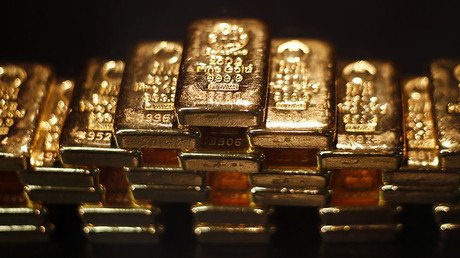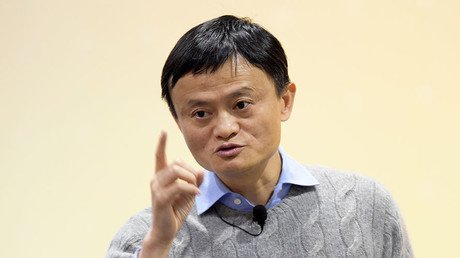China to suspend extra tariffs on US-made cars & parts for 3 months
Beijing says it will abolish additional tariffs on US-produced vehicles and auto parts from January 1 through to the end of March 2019 as part of a trade war truce reached with Washington.
The Chinese government is to suspend 25 percent tariffs on 116 vehicles and car parts, as well as 5 percent tariffs on other auto-related items, the finance ministry said in a statement citing the State Council's Tariff Commission Office on Friday.
The ministry added it hopes the two countries can speed up negotiations to remove all additional tariffs on each other’s goods.
The move is in line with a recently reached 90-day truce in the US-China trade war, announced after the G20 meeting between US President Donald Trump and Chinese President Xi Jinping in early December. On Thursday, China reportedly made a purchase of US soybeans for the first time since it cut back on imports in recent months.
Also on rt.com After instigating trade war America will have to dance to China's tune – investor Peter Schiff to RTShortly after shaking hands with Xi after the talks, Trump threatened to slap Beijing with “major tariffs” on Chinese goods if no “real deal” was reached. In a barrage of tweets on December 4 he also titled himself a “tariff man,” while saying that trade talks should start.
Washington applied tariffs to $253 billion worth of Chinese goods, and threatened Beijing with an additional $267 billion in levies unless talks are fruitful. However Trump agreed to postpone further tariff hikes during the recent talks in Argentina. Responding to the first batch of US levies, Beijing slapped tariffs on $110 billion of US goods, including soybeans and other agricultural products.
Also on rt.com Trade war counter attack? China slams Apple with iPhone sale ban over ‘patent violations’A thaw in tense bilateral relations was marred by another row between the two major powers. Last week Huawei's chief financial officer and the daughter of the company’s founder, Meng Wanzhou, was arrested in Canada at the request of Washington. China has voiced a strong protest against the arrest, demanding explanations from both Ottawa and Washington, and also summoned the US envoy to Beijing to protest the detention. Meng has already been released on bail, but the case is feared to further fuel US-China tensions.
For more stories on economy & finance visit RT's business section














